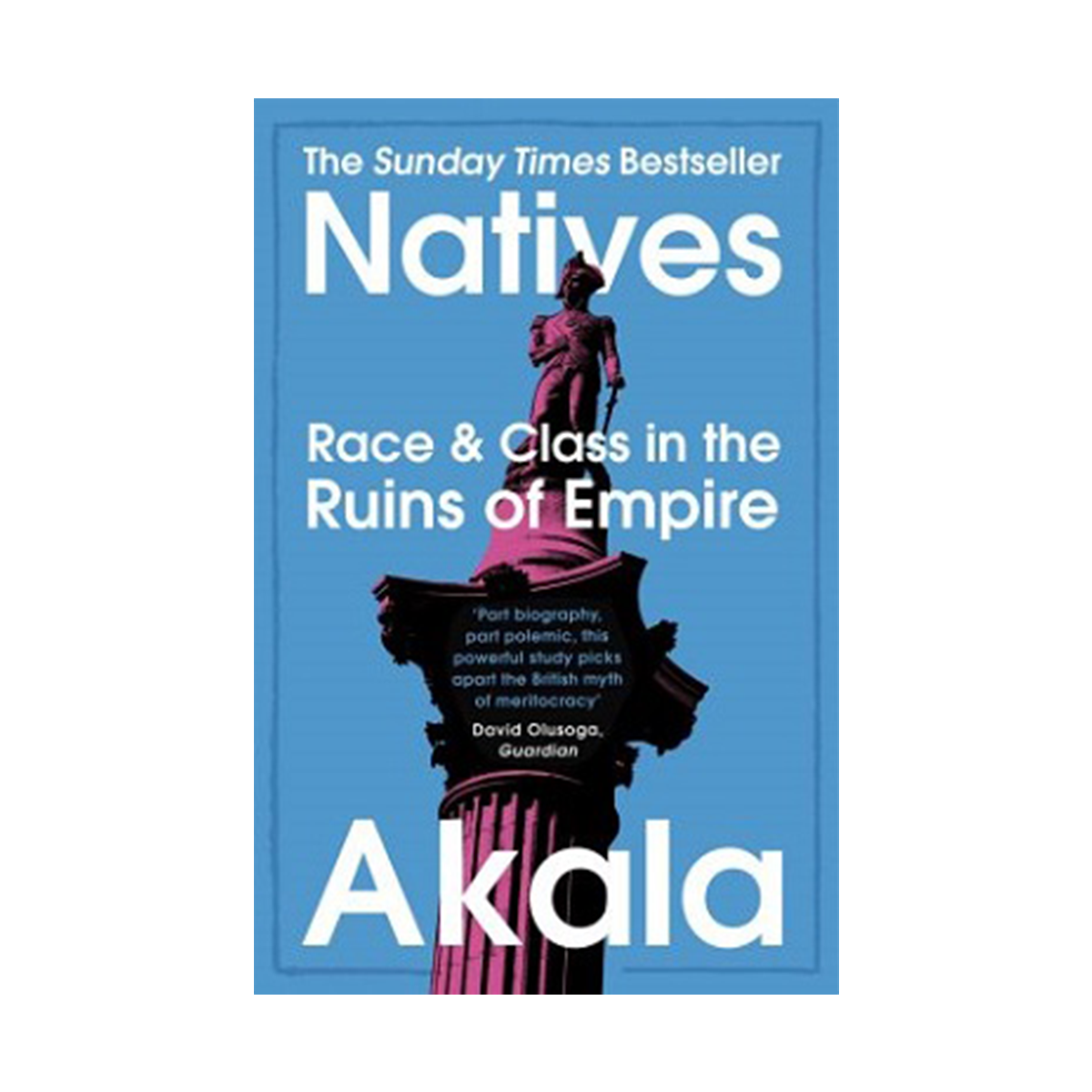


The Americans in particular tend to focus on the US only (British books at least usually refer to the US), which is understandable, but not helpful in my quest for a more comprehensive understanding of racism. My intention isn’t to diminish the problems that need to be tackled in the US and the UK, but I think it’s difficult to fully understand any phenomenon when we look at it in isolation. It is not easy to find mainstream texts that would look at racism in a more structural way, not just as an issue in one specific country or very similar countries. But in addition to showing extremely convincingly – if you did need convincing – that today’s Britain is a racist society haunted by a colonial past that has never been properly processed or confronted and illustrating this with personal experiences that make you want to punch something, his book does a couple of things I happen to value a lot.įirst, he puts (British) racism in a broader global context. I am not claiming that Akala is a better writer than these giants or has more piercing insights, although I think that the book is excellent by any standard. I say it after having adored Claudia Rankine’s Just Us and Citizen after James Baldwin’s genius Fire Next Time and Ta-Nehisi Coates’s rightly praised Between the World and Me.

So when I say I loved it as much as my absolute favourite books on racism, I’m not saying this lightly. I am far from being an expert on race (or class or colonialism, for that matter), but I do read on this topic constantly, across different genres. Based on the reviews, I expected it to be good, but not THAT good. It was included in a couple of 2020 round-ups and although I hadn’t heard of him* or the book before, the excellent reviews made me add it to my own list. I picked Akala’s memoir-slash-searing social analysis up almost accidentally.


 0 kommentar(er)
0 kommentar(er)
